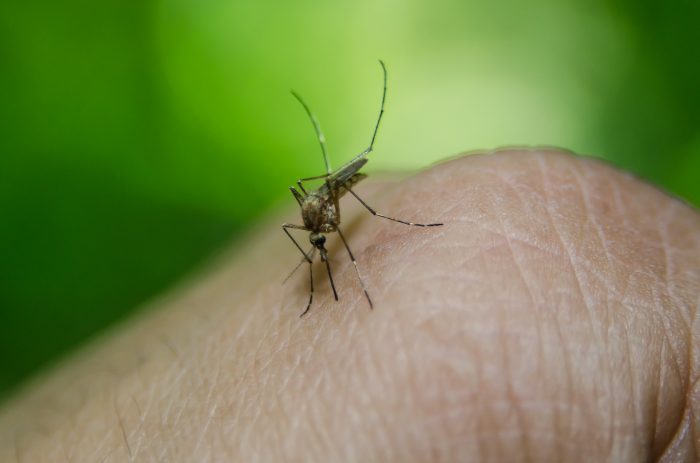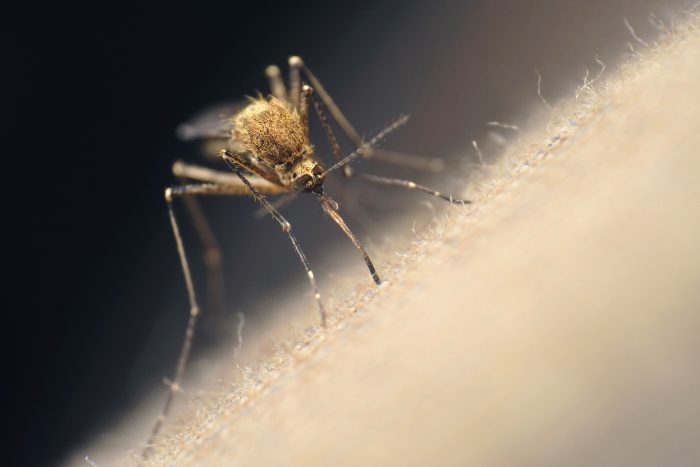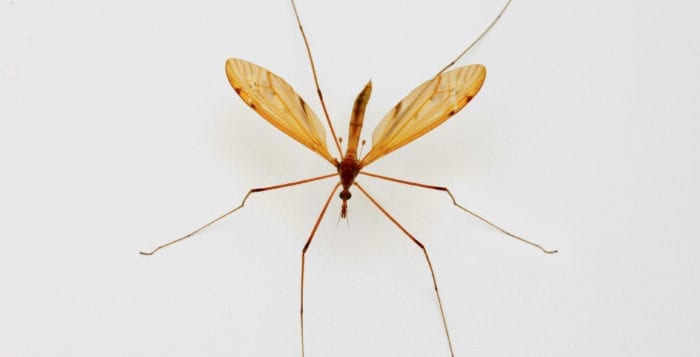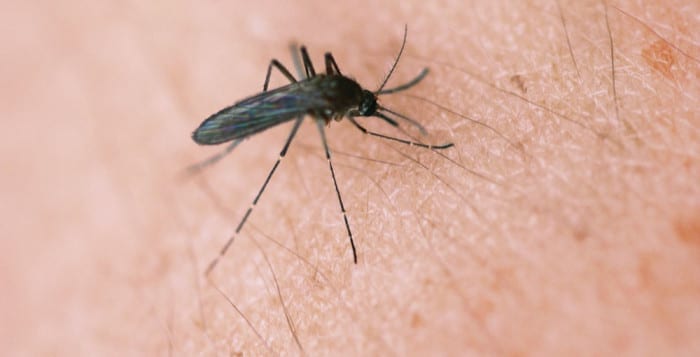Amid the typical questions about returning to school, such as finding friends in their classes and navigating to the right room at the right time, students on Long Island and elsewhere are preparing for the third year of the pandemic while other health care concerns loom.
As the summer enters its final weeks, health officials have found mosquitoes that have the West Nile virus, monkeypox has become a national health emergency, and Rockland County and New York City have reported cases of polio.
With all those health concerns, however, medical officials emphasized numerous pieces of good news that they hope will provide less of a disruption to communities, parents, teachers and students.
For starters, the Centers for Disease Control and Prevention last week eased some COVID-19 restrictions. In the past two years, some students had switched back and forth from in-person to remote learning after a positive test.
The CDC advises students, staff members and workers who were exposed to a person who tested positive for COVID-19 to wear face coverings for 10 days and to get tested, instead of urging them to quarantine.
At the same time, the CDC is no longer suggesting that unvaccinated students get tested regularly in order to attend school.
“Part of the reason they’re easing the restrictions is that the current strain that’s circulating is fairly non aggressive, there are not a lot of hospitalizations and there is not a lot of severe illnesses,” said Dr. Philip Nizza, chief of Infectious Disease at Mather Hospital and attending infectious disease physician at St. Charles Hospital.
The cases Nizza has seen in the hospitals are “very mild” and he hasn’t had an intensive care unit patient with a ventilator in well over a month.
Dr. Susan Donelan, medical director of the Healthcare Epidemiology Department at Stony Brook Medicine, suggested that the shift in the CDC guidance likely reflects the reality that non-pharmaceutical mitigation measures are of more limited use in an era when opportunities exist to receive effective vaccines, which are well tolerated, and safe therapeutics have become a tool to manage those people who are acutely affected.
“The shift now appears to be focused on self-assessment of risk [for self, close family members or others who may be adversely impacted if infected] and thus individual risk mitigation,” Donelan explained in an email.
Still, Nizza, among other health care providers in Suffolk County, urged people to continue to receive vaccinations and to stay up to date with their boosters.
Nizza suggested that a new booster, which could provide protection against the infectious Ba.5 omicron strain that has become the dominant variant in the county and in the United States, could be a “game changer.”
Doctors cautioned people in higher risk groups, such as those who are immunocompromised, have chronic lung disease or are significantly overweight to be vigilant about their exposure to the SARS-CoV2 virus, which causes COVID-19.
As of earlier this week, Suffolk County reported a 7.8% positive test rate on a seven-day average using lab-reported PCR tests, which doesn’t include the rapid tests. At the same time, the number of positive cases on a seven-day average stood at 33.8 per 100,000, according to the New York State Department of Health.
“If you’re not a high-risk patient the danger zone is lower,” said Nizza.
Monkeypox
Meanwhile, monkeypox continues to be a threat to the county, the state and the nation, as the availability of vaccines against the virus lags the need for shots.
New York State continues to have the greatest number of cases of the virus, with close to 2,300 out of about 12,000 cases in the country, according to the CDC. Most of the New York State cases are in the city.
The virus has affected men who have been intimate with other men, although the virus can spread through physical contact.
Nizza described monkeypox as “generally a nonfatal infection with a high presentation rate amongst the undocumented high-risk groups,” he said. “I don’t think the general population needs to rush out and get the monkeypox vaccine, unless [you] are in a high risk group.
Nizza doesn’t anticipate that the virus will spread at anywhere near the rate that COVID did.
“There is a vaccine available, which is much different than COVID, which caught us unaware,” he added.
West Nile virus
As of earlier this month, 38 mosquitoes had tested positive for the West Nile virus, including samples in Setauket and Port Jefferson Station.
The virus was first detected in birds and mosquitoes in Suffolk County in 1999.
People who contract the virus typically experience mild or no symptoms. In a small number of cases, people can have high fever, headaches, stiff necks and may have vision loss, numbness and even paralysis.
Symptoms can last several weeks and the neurological effects can be permanent.
The CDC recommends people use insect repellent to reduce the chance of getting bitten by a mosquito that harbors the virus. Additionally, reducing any standing water around the outside of the house cuts back on the opportunity for these virus-bearing insects to breed.
Suffolk County Health Commissioner Dr. Gregson Pigott recommended that people minimize outdoor activities between dusk and dawn, make sure windows and doors have screens and, at places where mosquitoes are active, wear shoes and socks and long pants and long sleeved shirts.
As of late last week, Mather and St. Charles didn’t have any reported cases of West Nile virus.
The people who are especially vulnerable include the elderly and anyone on drugs that suppress their immune systems.
Polio
Health officials in Rockland County and New York City reported two cases of people with polio.
This disease, which spreads from contact with infected feces, has been largely eradicated after the widespread use of an effective vaccine.
“Most people have their children vaccinated as a part of a routine series,” Nizza said. “It’s a much lower risk.”
The doctor urged people to remain vigilant about other threats that might come this fall, particularly the flu.
With masks and social distancing, the incidence of the flu declined over the last few years. As people return to work and school on a full time basis, the chance for the spread of a problematic strain rises.
“The flu is always bound to rear its head in the fall and winter months,” Nizza said, as he reminded people to get their shots and to continue to wash their hands before eating.
Even if people feel healthy and are in low risk groups, they can and should help others the way they might lend a hand to their neighbors after a storm.
“We have to protect those who have a high risk of mortality,” Nizza said. “We need herd compassion, to protect those who can’t protect themselves.”









